Copyright! It's something that is often discussed. A lot of misconceptions about it float around the internet also. It has driven people to anger. It has also arisen many questions. In this article I'm gonna explain what copyright is, what it's purpose is, how to get it, and I'm gonna set up a few situations up in which the copyright applies.
What *is* copyright?
Copyright is a bit of a vague term. The Dutch name "Auteursrecht" is a lot clearer, which literally means "Author's right", and that is actually what is is. The right of the author over their product, and to do with it, what they desire.
The copyright is meant to protect the author of a product, and to give them the right to sue others when the product is used against the terms they set up for the use of that product.
Copyright is *not* the ban to copy stuff around. The copyright does grant the author however the right to ban copy their product unless the terms they set up for that are met. Most commercial products are released under such terms, and that's mostly called "copyright", but that is a misconception. The creators of that produced used the right to ban copying things around. So that you are not allowed to make a copy of your Disney DVDs and share those copies with your friends, is not because the DVD is copyrighted, but because the Disney Studios used their copyright to ban the practice. There are also people who use their copyrights in order to promote copying things around. The Linux Kernel and most of the OSes based on Linux (so-called "Linux Distros") were released with the idea to copy it as much around, and the copyrights are here used to ban others from claiming ownership and take the right to copy away from you. It was the wish of Linus Torvalds that Linux was spread freely over the world, and the copyright now protects his wish. Both Linux and Disney DVDs are copyrighted, but Disney and Torvalds both chose a different way to use their copyright over their products. The possibilities are endless.
Now that's cool! What must I do to obtain copyright?
The answer will surprise you, and many people did not believe me when I told them, and I must admit, it doesn't sound credible at all, but it is actually the truth!
NOTHING AT ALL!
On the moment you create something, whatever it is, a book, a game, a picture, music, a statue, you name it. As long as you created it, you automatically obtain copyright over it. From the moment you've created something, you have the right to do with it what you want, and to dictate the terms on how your creation is used. That is the essence of the copyright.
How do I lose copyright?
By dying. Copyright expires automatically several years after your death. The minimum is 50 in all countries who signed the copyright treaty, but countries can decide to pick longer expiration terms. Most European countries, have a 70 years period before the copyrights expire. The U.S.A. has a 90 years term.
Nobody can forcefully take away your copyrights. It is possible that you transfer your copyrights voluntarily to somebody else. Basically this is how Disney acquired the rights on the Star Wars franchise. By making a deal with Lucas, and Lucas accepted to carry over the rights to Disney. You are of course free to ask whatever you want for your copyrights. Just as when you sell your computer, you can ask whatever you ask, if you and the buyer agree, you lose your computer and the buyer gives you money... Copyright are in a certain sense the same.
When it comes to expiring, there is one exception. Big companies (like the ones with the suffix "Inc.") have the status of a legal person. That means the company is for the law a living human being. Companies though, do unlike real humans not grow older, and theoretically, they can live forever, as long as their business goes well. In that case the expiring period starts at the date the creation was first released.
Public Domain
All "Public Domain" means is that there is no ownership on something. When your copyrighted works, lose their copyrighted status due to you being dead for too long, your work will enter the Public Domain. In the Public Domain are no restrictions at all. Everybody can do what they want with it.
Public Domain cannot be put onto your work legally, by just putting it in there, although some people want to do that. The CC0 license (Known as "Creative Commons ZERO") or the "Unlicense" are popular licenses to void that issue.
Boobytraps
There are a few boobytraps in the copyright. I will light out a few situations.
I want to use "Eine kleine Nachmusik" as the title song for my new game. Am I allowed to do that?
Yes! "Eine kleine Nachmusik" was written by Wolfgang Amadeus Mozart, who has died more than a century ago, so that music piece is now Public Domain.
Great so I cannot be sued if I get out a CD, rip that piece, convert it to .ogg and put it in my game, right?
WRONG! You can get sued, and if your game gets viral, you likely will be.
But I thought that piece was Public Domain?
Correct, the music itself is, but the performance and the recording on that CD are a creation on their own, and thus bear copyright on their own.
Is that possible?
Yes! After all, every conductor has their own style, and recording stuff is a creation on its own.
So I still can't use "Eine kleine Nachmusik"?
I didn't say THAT. you still can, you may only not rip it off a recording made by somebody else, at least not unless they set a license that allows you to. However if you get your own music instruments out there, and play "Eine kleine Nachmusik" yourself and record that, not a single soul can sue you. And that that recording is also yours, and thus you got the copyright in the process... what do you want more?
Another one:
Hey, Disney's Snow White and the 7 Dwarves is now Public Domain right. Disney Studios is a company and the release date was longer than 70 years ago!
Correct!
So I can just copy the DVDs now?
Nope!
Why not?
Because Disney has remastered the movie for their DVDs, and sometimes even recorded new voice acting to make the acting a bit more up to par with modern times. This allows them to re-copyright their DVDs for Snow White?
But that is a dirty trick. So Snow White is copyright again!
No!
But you said...
What I said was that their DVDs have copyright. The original movie does not anymore. If you have a recording from more than 70 years ago, then go ahead copy it. Disney can't sue you anymore. The current DVDs, that's a different story.
If all countries have different expiring dates, what does then count. The place of death of the author? Or the place where the product is used?
As far as I could find out, the latter. In the Snow White example above, I need to recheck it, but that can be Public Domain in Europe, but still bear copyright in the US. 90 is longer than 70 after all. That would mean the old movie can be copied freely in Europe but not in the US.
Why does it take that long?
I don't know, but I can think of a few reasons that I deem plausible.
First of all. Murdering me for my copyrights would be senseless. You'd have to wait 70 or 90 years anyway before my copyrights expire, and the chance you'd be dead yourself by that time is unless you are a kid very high. Another reason is, that there is a right of heritage, so when I die, my heirs can still benefit from my work. However to prevent this to go on forever, as artwork eventually needs to enter the public domain, as they may become a part of history.
I do NOT know if this is the correct answer, honestly... It's only what I deem most likely.
You are full of crap, Jeroen! I know you gotta register your copyrights!
Sorry, but what I said is true, and the story you have to register copyrights is really a lie. A misconception based on the registering of creations, but these registrations do NOT grant copyrights. After all, you already got them.
You get copyright automatically when you create something. Period. Goodbye, end of story, the end. But here's the rub. How do you PROVE you have copyrights? Any idiot can claim their wrote something. If two people write the same story, the first one gets the rights, that's the basic rule. Now that's where registration comes in. Registration does not grant you any rights at all. All it grants you is evidence you created something at a certain date, so when somebody steals your work, you can show when you sue the thief that you are the copyright owner. All it does is giving you evidence. And no, registration done by big companies do NOT count more than registrations you did yourself. The copyright is clear. The original creator (in other words the first to come up with stuff) is the copyright holder, and THEY and THEY alone have the rights. It is quite common that these companies have better lawyers, but if that happens the law is not upheld... The lawyers merely managed to confuse the court. A lot of verdicts that are in violation with the law have been done in many different kinds of cases because of such stunts, but that does not change the law itself.
Now I am creating a game with a small group of friends. How is the copyright given?
Basically to all members of the group, unless you agree otherwise. When I created my original Dyrt game, I worked with three people. I did the story, and we agreed on it that the story and the assets depicting storyline characters would bear my copyrights. I did also the coding, so the code is all mine. Assets of a more general meaning, like trees, grass tiles and such, remained copyrighted by the respective creators. Of course, the way Dyrt was created made things easier. It was my project from the start, and the others merely assisted me in my course. That made the copyright issues easy for us. In other projects where people work more as a group, this can be more complicated. You should however set it up right. I know from experience that things can really lead to big trouble when you don't set things right. Copyright has pretty little rules, this to give the author as much freedom as possible. That also gives you a lot of responsibility. If you don't take proper care of that, you can suffer the consequences, so make sure stuff is set out right.
Now what is "copyleft"?
The term "copyleft" has no official legal status, but it's used for stuff that is free, and must remain free, and can have a "viral" effect. The GPL is a very clear example of that.
If you use a library for your software that is copyleft, you must copy that license in your own product. Do others have the right to dictate rules to you. No! How can they get away with it? Because you can decide not to use the copyleft libraries and use others in stead, or even to create your own. And so you can decide not to use GPL libraries if you want to keep your own coding work, close-sourced. Now the GPL is a "strong copyleft" license. There is also the "weak copyleft". The Mozilla Public license (or MPL) is a famous example of that and also the lGPL (Lesser General Public License). You are then still obligated to keep the libraries themselves open and free, also after altering them (then you must release the modified versions freely), but your own code remains closed if you want to, or at least you are still free to license that code the way you want to.
We use the word "copyleft" in order to make it clear such a license is used, and yes, the term is a pun to copyright. Copyleft products are still copyrighted, though.
In a nutshell, copyrights allows you to dictate the terms how your products are spread and used, nothing more, nothing less. And decades after you die it expires leaving people free to do with it what they want. And that mostly doesn't matter any more. I can say I composed "Ode to Joy", but since everybody knows Ludwig van Beethoven did, that's easy to see through, even though Ode to Joy is public domain now. And and even if people fall of that, there is no way Beethoven could have any damage from it now that he's been dead for years. That is the basic philosophy.
General Blogs: https://trickyjeroenbroks.tumblr.com/
Indie Reviews: https://jeroensindiereviews.tumblr.com/
Game Classics Reviews: https://trickygameclassics.tumblr.com/


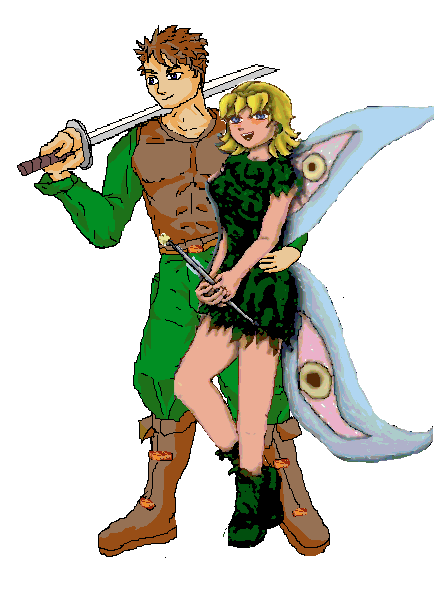
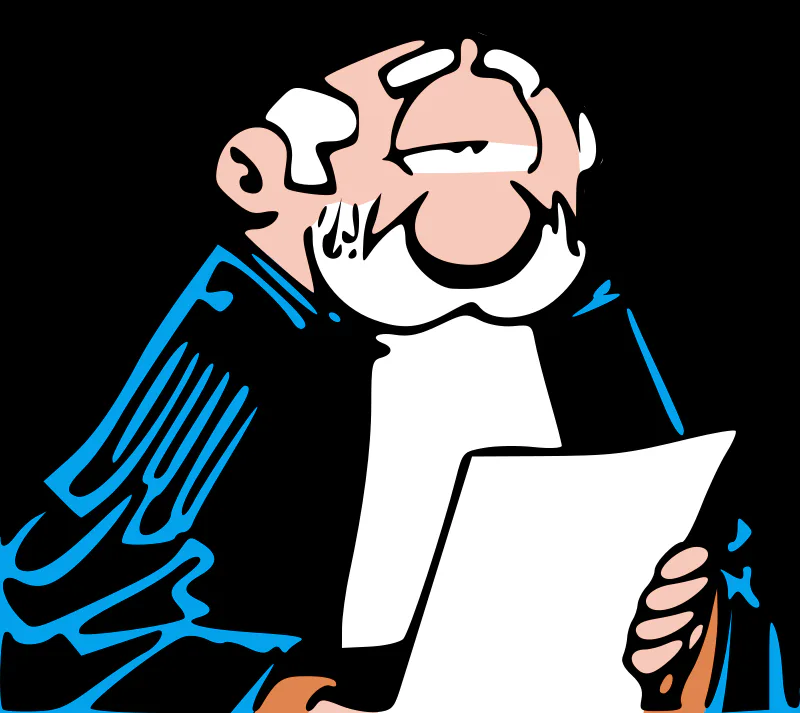

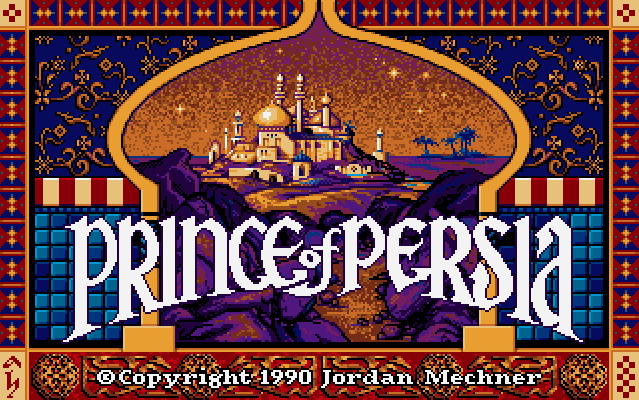
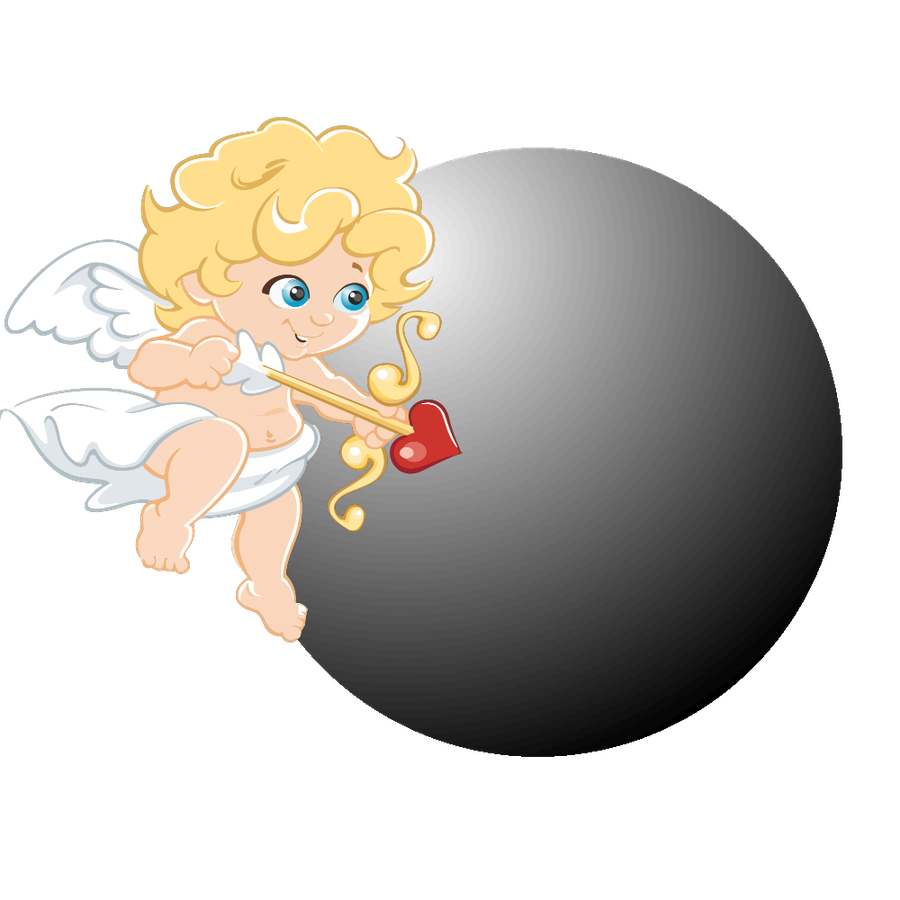
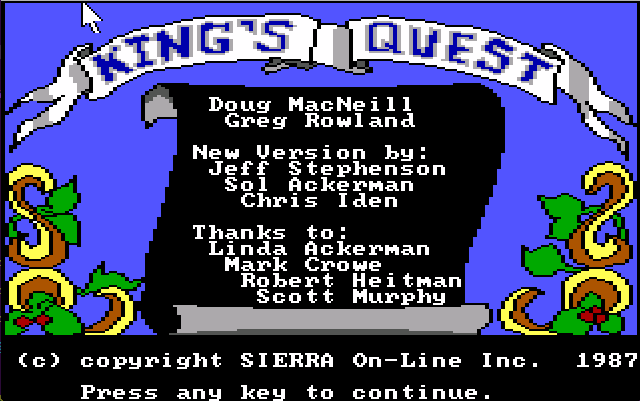
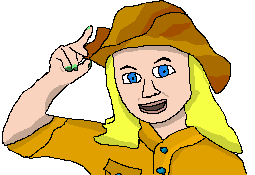
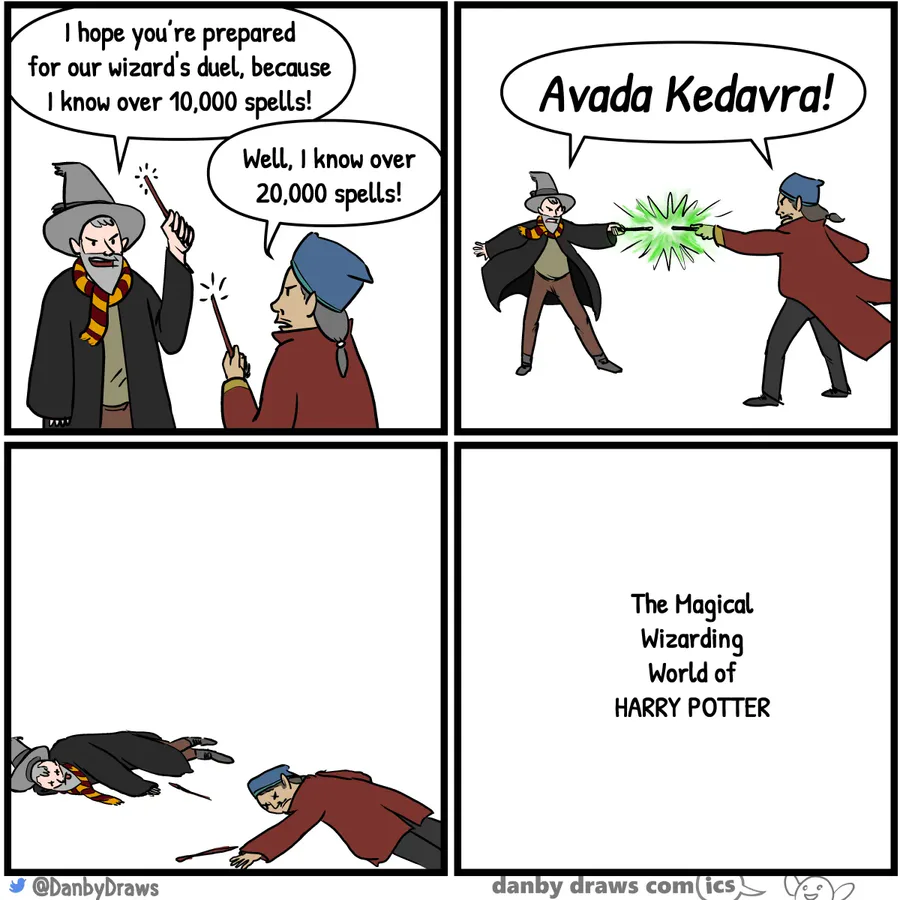
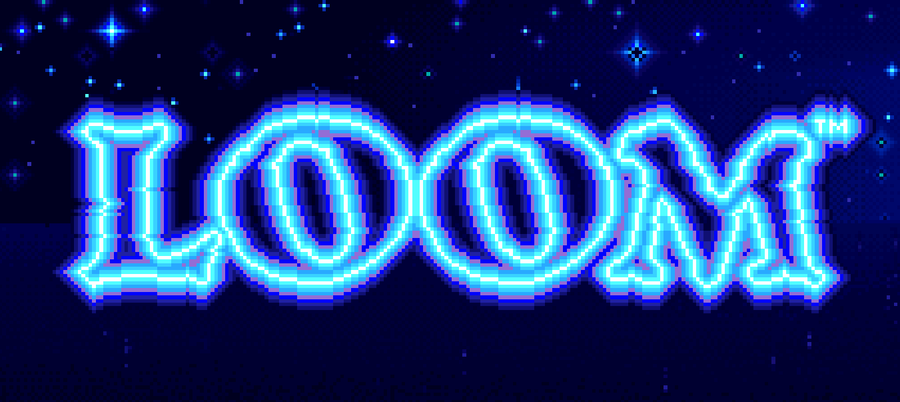
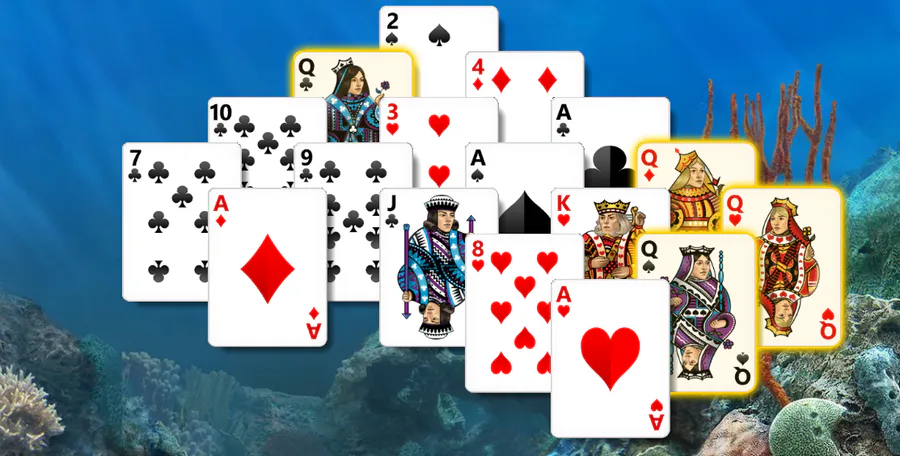
3 comments